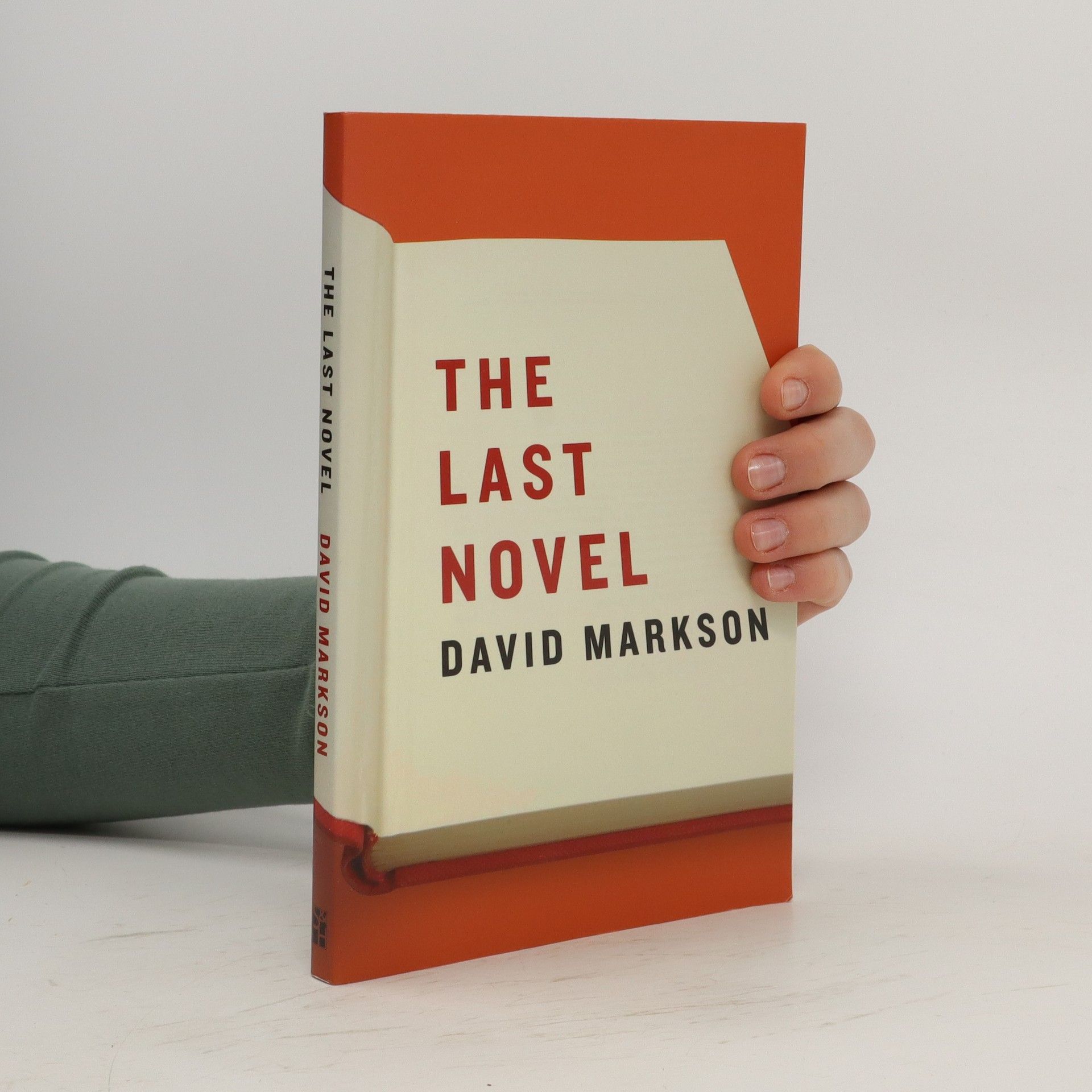Die Künstlerin Kate hält sich für den letzten Menschen auf Erden. Doch gab es sie wirklich – jene Apokalypse, die nur sie allein verschont hat? Oder ist Kate wahnsinnig? Postapokalyptische Science Fiction, wahnhafte Kulturgeschichte und einzigartige Studie menschlicher Einsamkeit zugleich - mit »Wittgensteins Mätresse« hat der in den USA kultisch verehrte David Markson ein funkelndes, raffiniert verwobenes Kunstwerk geschaffen, wie man es sonst nur von William Gaddis, Thomas Pynchon oder David Foster Wallace kennt.
David Markson Reihenfolge der Bücher (Chronologisch)
David Markson war ein amerikanischer postmodernistischer Romanautor, dessen Werk sich durch einen unkonventionellen Ansatz in Erzählung und Handlung auszeichnet. Seine späteren Romane, die er als „buchstäblich vollgestopft mit literarischen und künstlerischen Anekdoten“ beschrieb, sind nichtlinear, diskontinuierlich und wirken wie eine Collage oder Montage. Markson's einzigartiger Stil, der oft Fragmente aus Geschichte und Kunst enthält, zieht die Leser in ein fragmentiertes Mosaik, das die Natur des Erzählens und der Existenz erforscht.






The Last Novel
- 220 Seiten
- 8 Lesestunden
In recent novels, which have been called "hypnotic," "stunning," and "exhilarating," David Markson has created his own personal genre. In this new work, The Last Novel, an elderly author (referred to only as "Novelist") announces that since this will be his final effort, he has "carte blanche to do anything he damned well pleases."Pressed by solitude and age, Novelist's preoccupations inevitably turn to the stories of other artists — their genius, their lack of recognition, and their deaths. Keeping his personal history out of the story as much as possible, Novelist creates an incantatory stream of fascinating triumphs and failures from the lives of famous and not-so-famous painters, writers, musicians, sports figures, and scientists.As Novelist moves through his last years, a minimalist self-portrait emerges, becoming an intricate masterpiece from David Markson's astonishing imagination. Through these startling, sometimes comic, but often tragic anecdotes we unexpectedly discern the entire shape of a man's life.
Going Down
- 288 Seiten
- 11 Lesestunden
Unlike David Markson’s most recent works, including Vanishing Point and Wittgenstein’s Mistress, which David Foster Wallace described as "pretty much the high point of experimental fiction in this country," his early novel, Going Down, is a more traditional effort, a masterfully plotted narrative set in Mexico in the 1960s. Three Americans, a man and two women, are living together in obvious intimacy. Their habits, strange to the Mexicans, are strangest of all to themselves.When Fern Winters’ attention is caught by movement behind a window in a run-down Greenwich Village apartment building, she can’t suspect that her encounter with the apartment’s occupant will eventually lead her to be come upon in an abandoned chapel, in a tiny mountain village—clutching the bloody machete with which one of the three has been murdered.Going Down is a rarity among novels—brilliantly and poetically written, faultlessly constructed, centered on fully realized people, and yet completely uninhibited in its depiction of startling eroticism.
Vanishing Point
- 191 Seiten
- 7 Lesestunden
In the literary world, there is little that can match the excitement of opening a new book by David Markson. From Wittgenstein’s Mistress to Reader’s Block to Springer’s Progress to This Is Not a Novel, he has delighted and amazed readers for decades. And now comes his latest masterwork, Vanishing Point, wherein an elderly writer (identified only as "Author") sets out to transform shoeboxes crammed with notecards into a novel — and in so doing will dazzle us with an astonishing parade of revelations about the trials and calamities and absurdities and often even tragedies of the creative life — all the while trying his best (he says) to keep himself out of the tale. Naturally he will fail to do the latter, frequently managing to stand aside and yet remaining undeniably central throughout — until he is swept inevitably into the narrative’s startling and shattering climax. A novel of death and laughter both — and of extraordinary intellectual richness.